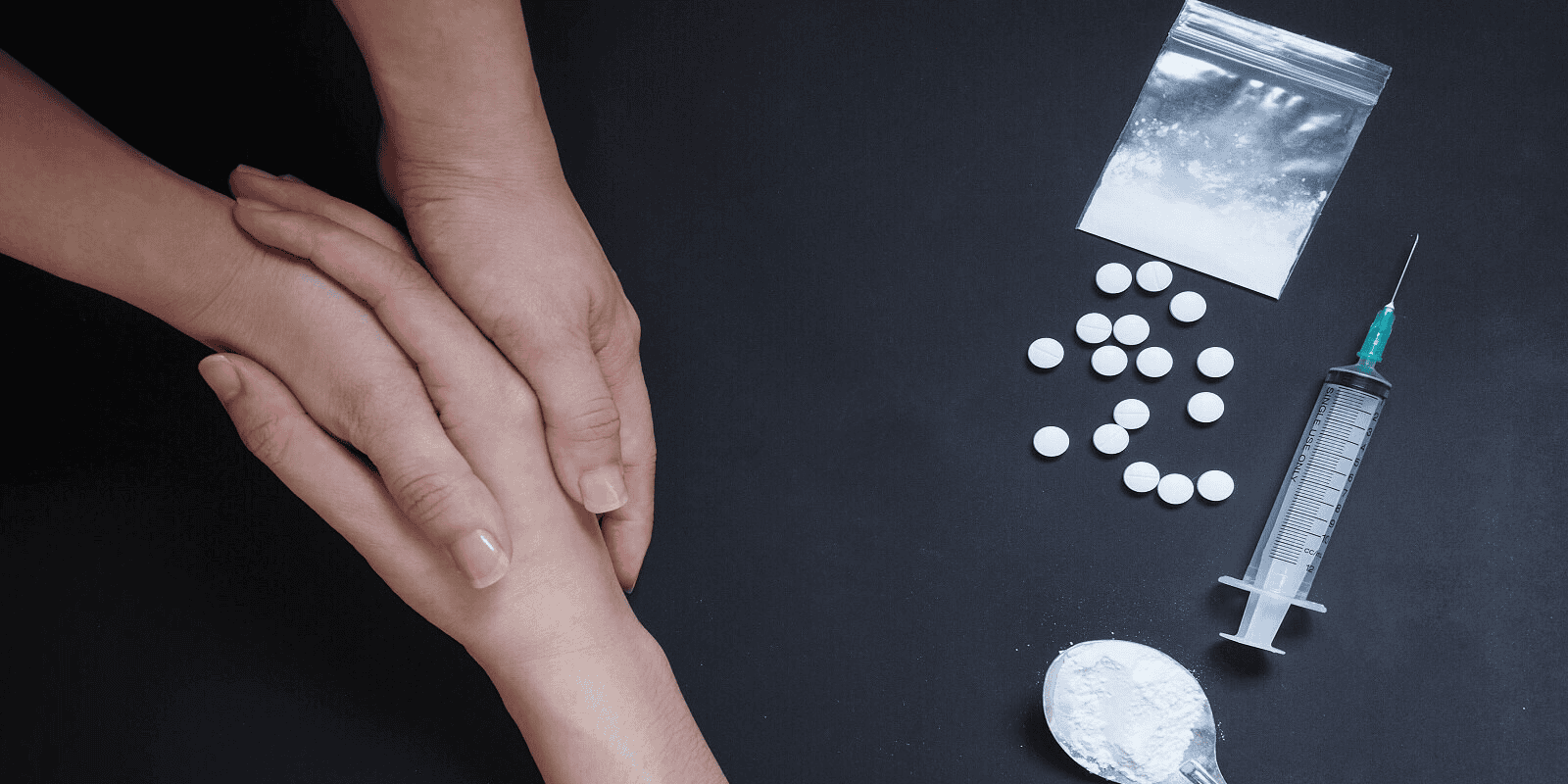Getting My Drug-free Life To Work
Getting My Drug-free Life To Work
Blog Article
Some Known Incorrect Statements About Drug-free Life
Table of ContentsGetting The Drug-free Life To Work4 Easy Facts About Drug-free Life ExplainedUnknown Facts About Drug-free LifeThe Ultimate Guide To Drug-free LifeDrug-free Life - QuestionsThe Best Guide To Drug-free LifeThe 7-Second Trick For Drug-free LifeNot known Facts About Drug-free LifeGet This Report on Drug-free Life
Short-term residential treatment was originally developed for individuals with alcohol usage condition, yet now, it is made use of to deal with people with various other compound use problems. These therapies have a tendency to be 3 to 6 weeks in length and are adhered to by outpatient therapy and support teams (such as Alcoholics Anonymous) to decrease the risk of regression. You'll go to many of the exact same kinds of programs that household therapy centers offer (treatment sessions and academic training courses), except, you do not live at the therapy. If you remain in domestic therapy, your days normally adhere to a structured regimen. The concept is that consistency (and not having to make as lots of choices throughout your day) will help sustain you as you recuperate.
The Drug-free Life Ideas
Naturally, what your day resembles will certainly differ based on the rehabilitation facility and its method, your dependency, and your personal scenarios. You'll generally awaken at a set time each morning. Nurses provide out any medications to those who have them suggested. For example, a physician at a rehabilitation facility may supply you with a drug to handle withdrawal signs or to treat mental health conditions.
Several rehab centers generally have actually an established time for "lights out," when downtime is done for the day and you're encouraged to get to sleep. When you initially come to a rehab program, personnel will typically begin by having you complete an intake meeting to figure out more about you.
Not known Details About Drug-free Life
Throughout an intake interview, you will address concerns associated to your substance usage and your lifestyle. These questions might consist of: In the previous 1 month, on the number of days did you consume alcohol, beverage alcohol till you came to be inebriated, and/or usage prohibited drugs or cannabis!.?.!? In the past thirty days, where have you been living a lot of the moment? In the previous 30 days, how difficult have points been due to your alcohol or drug use? In the previous thirty days, how commonly did your material use cause you to reduce or surrender tasks? Do you have youngsters? Do they live with you? Otherwise, do they cope with another person due to a court order? Do you attend college or work? In the past one month, have you been apprehended for drug-related offenses? Just how would certainly you rate your total wellness? In the previous thirty day, have you obtained inpatient or outpatient treatment for a physical complaint, mental or psychological difficulty, or alcohol or compound use? Just how pleased are you with your life and with yourself? Be prepared to respond to the questions honestly.

Not known Facts About Drug-free Life
Various kinds of treatments will certainly be utilized throughout the healing procedure, depending upon your requirements and the rehab program you are attending. You'll collaborate with a psychological health expert in individually sessions. During these sessions, you'll take a truthful look at on your own, your dependency, and the impact your dependency has actually carried your life.
assists you understand the underlying beliefs and habits that add to material usage. It additionally shows you healthy and balanced coping systems to make use of throughout healing. is a method in which a counselor or therapist asks you inquiries such as "Why do you wish to stop alcohol consumption?" or "Just how has material usage affected your life?" The objective is to resolve the ambivalence that lots of people really feel when they intend to make a change yet fear that they're not all set.
Throughout family members therapy, your household participants will also find out concerning the characteristics of addiction and how to ideal assistance you as soon as you leave the rehabilitation center. Lots of programs consist of family members and pals throughout the entire rehabilitation process, from the first evaluation with aftercare.
The Best Strategy To Use For Drug-free Life
Most of the same techniques made use of in specific therapy are used in group treatment, such as psychoeducation, inspirational interviewing, and skill development. Team therapy is connected with positive results for addiction recovery since of the social assistance it offers. Participants gain from sharing their experiences, listening to other people's tales, forming bonds, and sustaining each other.
Substance usage conditions are the clinical term for dependency to alcohol or medicines, which causes considerable problems. More than 20 million Americans have material usage condition, according to the National Institute of Mental Wellness.
The Best Strategy To Use For Drug-free Life
We additionally provide social assistances to reward individuals for non-use and to engage household members in the treatment procedure. The Material Therapy and Research Service of Columbia College (CELEBRITIES) at NewYork-Presbyterian/Columbia give totally free and confidential treatment of material use through a scientific trial.
For more information regarding the Midtown Facility, please call 212-764-5178. Drug-Free Life. NewYork-Presbyterian Westchester Behavioral Health and wellness Center gives intensive inpatient rehab treatment for alcohol and compound use, with or without extra psychological conditions.
5 Easy Facts About Drug-free Life Explained
The goal is to solve the uncertainty that lots of people really feel when they want to make a modification yet fear that they're not prepared.
During family therapy, your family participants will additionally learn concerning the characteristics of dependency and how to best support you once you leave the rehabilitation facility (Drug-Free Life). Several programs consist of household members and close friends throughout the entire rehabilitation procedure, from the preliminary evaluation through aftercare.
A number of the very go to this site same methods used in individual treatment are used in team therapy, such as psychoeducation, motivational interviewing, and skill growth. Team therapy is linked with favorable outcomes for dependency recuperation since of the social assistance it offers. Participants take advantage of sharing their experiences, hearing other individuals's stories, creating bonds, and supporting each various other.
Get This Report on Drug-free Life

We also provide social supports to reward individuals for non-use and to engage family participants in the treatment process. The Material Treatment and Research Service of Columbia University (STARS) at NewYork-Presbyterian/Columbia supply totally free and confidential therapy of substance usage through a clinical test.
The Greatest Guide To Drug-free Life
For even more information concerning the Midtown Facility, please telephone call 212-764-5178. NewYork-Presbyterian Westchester Behavioral Wellness Facility gives extensive inpatient rehabilitation therapy for alcohol and read here compound use, with or without additional psychiatric problems.
Report this page